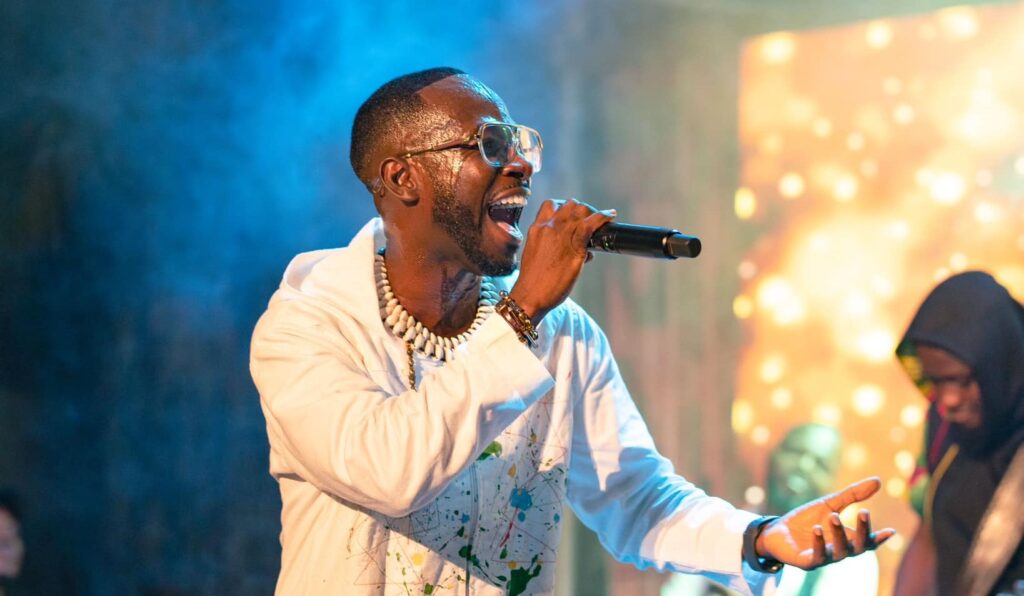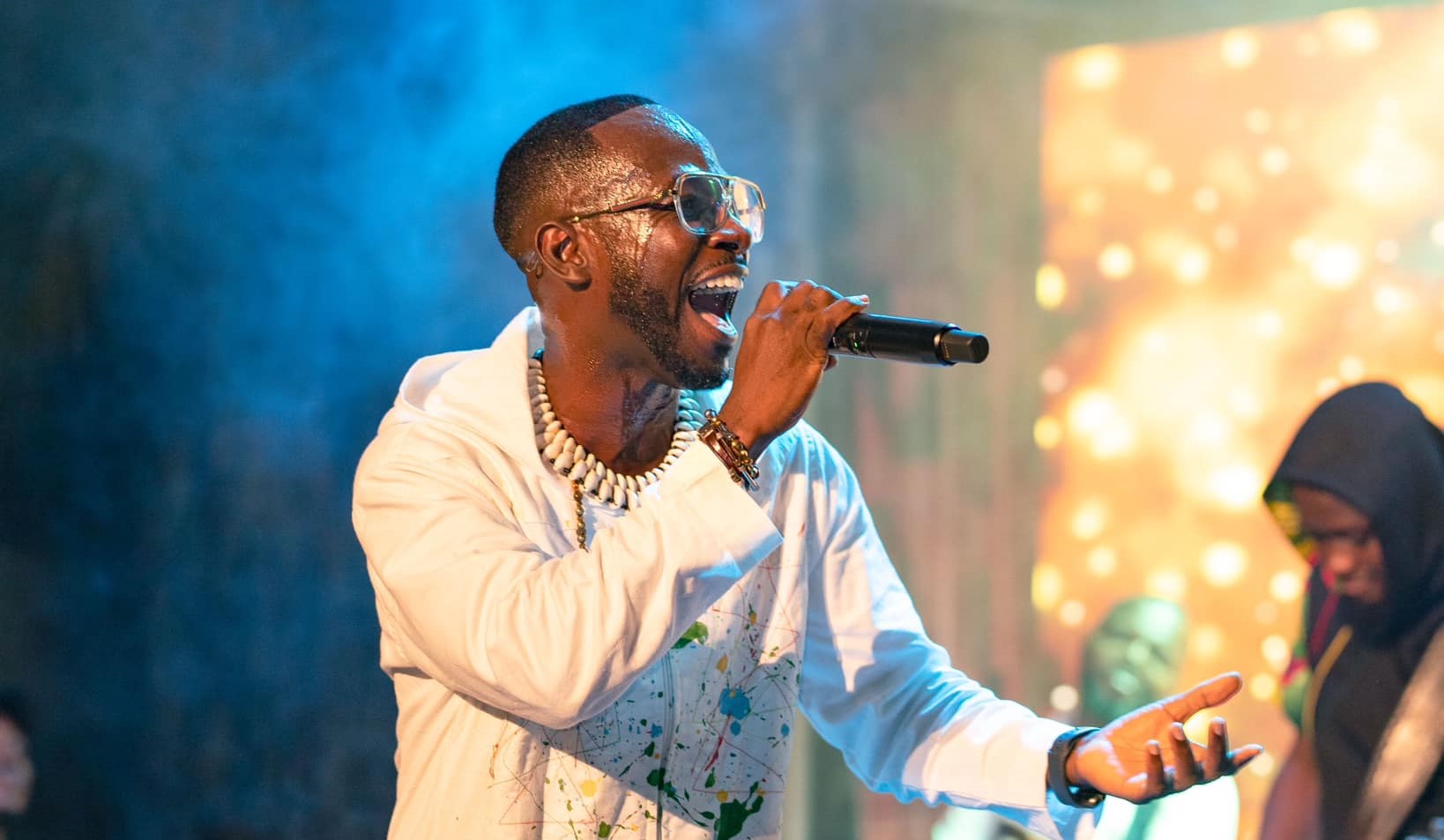Renowned rapper and cultural advocate Okyeame Kwame has called for urgent reforms in Ghana’s education system. He believes the current curriculum discourages young people from embracing their cultural heritage.

According to Okyeame Kwame, tradition and spirituality are often portrayed negatively in classrooms. This, he says, distances young people from their roots.
Speaking to Graphic Showbiz after the launch of the Ghana Chieftaincy Awards and Royal Investment Summit on July 17 at the Swiss Spirit Alisa Hotel, he emphasized the need for a shift in mindset. He called on educators to present culture as a vibrant and essential part of modern identity.
Sharing a personal story, he recalled an incident involving his then seven-year-old son, who attended an American school in Ghana. During an art class on body painting, the teacher—who was Ghanaian—told the class that fetish priests use body paint to invoke evil spirits.
His son responded with a firm correction:
“First of all, he’s not a fetish priest—he’s a traditional priest. Secondly, this is the same person who advises the chief, organizes communal clean-ups, serves as a midwife, and pours libation to honour our ancestors. So, how is he evil?”
Okyeame and his wife met with the teacher and urged her to correct the misinformation. “This kind of unconscious bias against our culture must stop,” he said.
The Woso hitmaker credited his own success in the music industry to his cultural foundation.
“I’ve used my voice, music, and visuals to communicate who we are—through ethics, morality, and the gold-woven cloth we wear,” he explained.
He believes that intentionally passing on cultural values helps young people build identity and pride.
Okyeame Kwame encouraged artists, filmmakers, fashion designers, and digital creators to integrate traditional elements into their work.
“If our music, visuals, and stories reflect our heritage in modern ways, the youth will relate. They’ll begin to see culture as part of who they are—not something to be ashamed of,” he said.
He cautioned that allowing schools and media to ignore or shame cultural symbols could cause a national identity crisis.
“We can’t just celebrate culture on Independence Day. It has to be part of our daily lives. Our culture is not outdated—it’s powerful, meaningful, and can be ‘cool’ if presented right.”
He ended with a rallying call:
“Let’s make chieftaincy cool again.”


